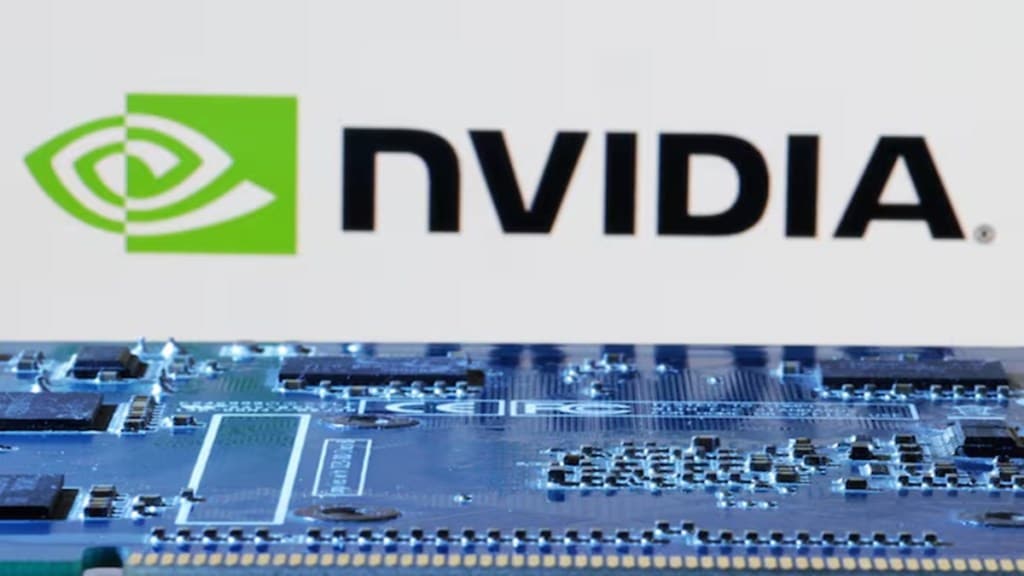Semiconductor stocks nosedived on Wednesday as fresh US government restrictions targeting Nvidia’s AI chips for China rattled the technology sector, erasing billions in market value.
$180 billion wiped out as Nvidia, ASML stocks plunge
Nvidia shares slid nearly 7% after announcing it would incur $5.5 billion in charges in its fiscal first quarter due to new licensing requirements on its H20 AI chips destined for China. Dutch chipmaker ASML Holding NV also sank 5.7% after missing order expectations, deepening worries about the semiconductor market’s outlook. Combined, the two giants shed more than $180 billion in value, contributing to a 1.8% drop in the Nasdaq 100 and a 4% fall in the Philadelphia Semiconductor Index.
The latest developments highlight how tariffs are already disrupting global businesses. On Wednesday, the Dow Jones Industrial Average fell 1.7%, the S&P 500 dropped 2.2%, and the tech-heavy Nasdaq Composite slumped 3.1%.
Trump’s escalating trade war is forcing economists to lower their global GDP growth projections, raising concerns about the future of everything from smartphone sales to computing demand.
What is the H20 chip export ban?
The US government informed Nvidia on April 9 that it would require a license to export its H20 chips to China — marking a fresh escalation in Washington’s effort to curb Beijing’s access to advanced AI technologies. This move jeopardizes Nvidia’s significant China business, which accounted for $17 billion, or 13% of its total revenue, last fiscal year.
China’s major cloud providers, including Alibaba, Tencent, and ByteDance, were reportedly unaware of the impending restrictions and had placed large orders for H20 chips amid surging AI demand.
Nvidia reiterated on Wednesday that it strictly follows US export laws. The chipmaker is also under a new investigation by a House Select Committee on China, examining whether Nvidia exploited a loophole by selling the H20 chips under older regulations.
In a statement, Nvidia emphasised its role in supporting US national security, creating jobs, and contributing to the economy, indirectly addressing concerns over its global AI chip sales.
Meanwhile, Nvidia is facing turbulence after it emerged that the company did not warn some of its major Chinese customers in advance about new US export restrictions on its H20 artificial intelligence chip.
According to sources familiar with the situation, American officials informed Nvidia on April 9 that it would need to obtain a license to continue selling the H20 chip in China. However, major Chinese cloud companies, still expecting deliveries by year-end, remained unaware of the move until Nvidia disclosed it publicly a week later.
This decision marks Washington’s latest effort to curb China’s access to advanced semiconductors, aiming to preserve the United States’ competitive edge in AI technology. The H20 chip, introduced after earlier US restrictions in 2023, had become the primary AI product Nvidia was permitted to sell in China.
The export controls pose a significant risk to Nvidia’s business, with China accounting for $17 billion — or 13% — of its total revenue last fiscal year. Nvidia, which had secured $18 billion in H20 orders since January, now faces up to $5.5 billion in charges tied to inventory and purchase commitments.

